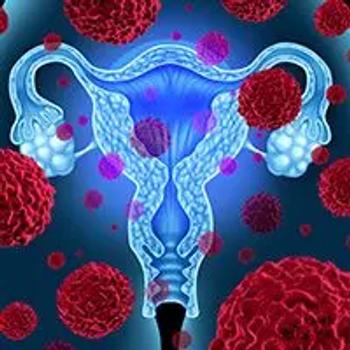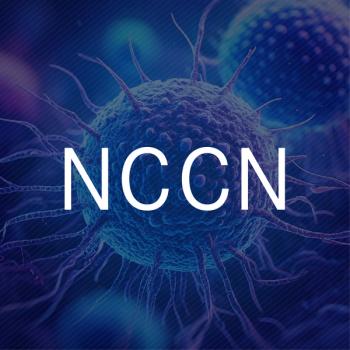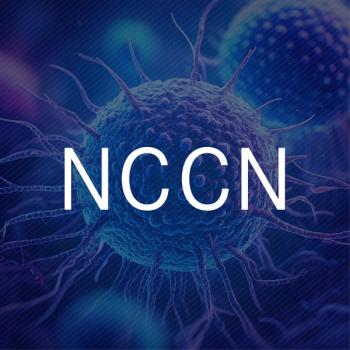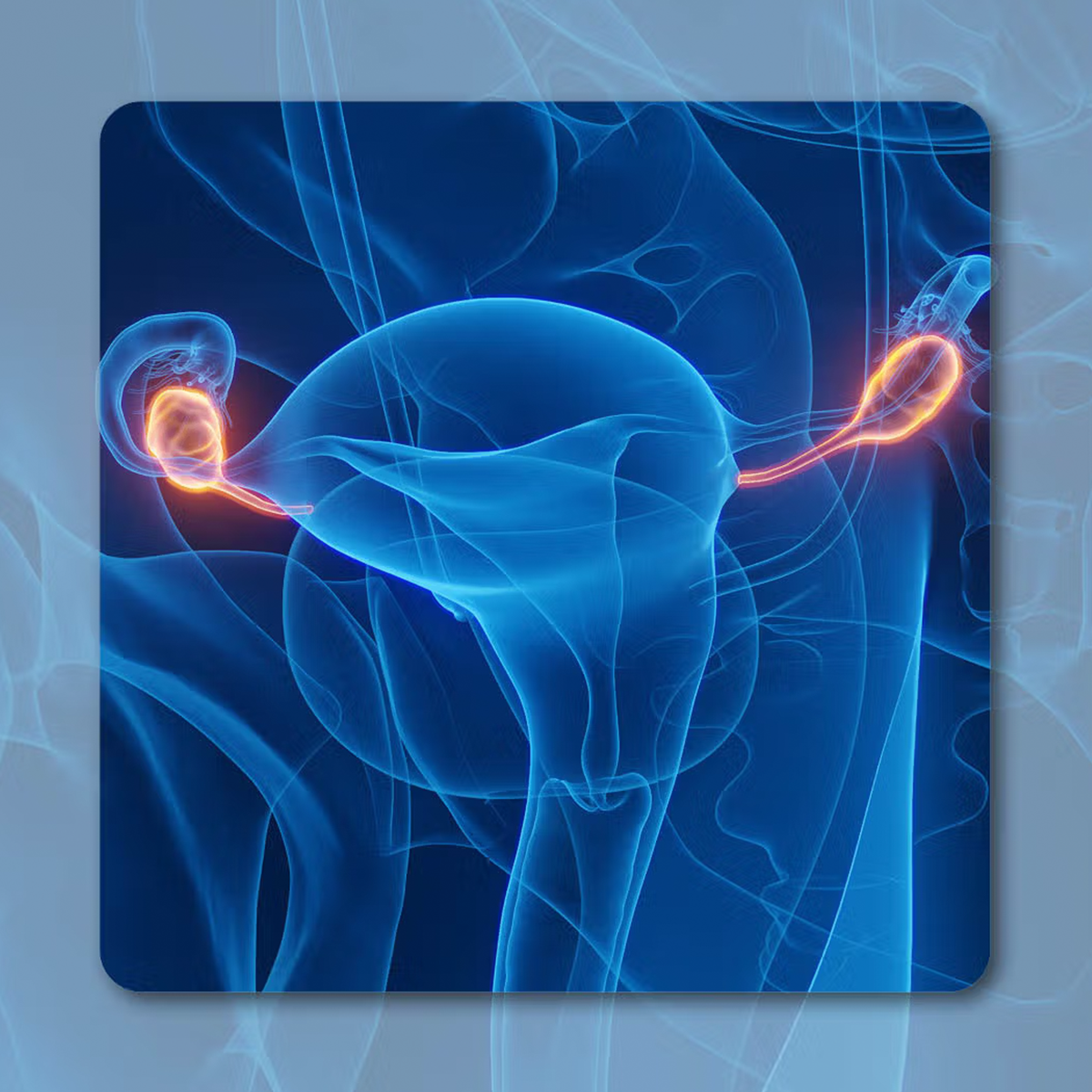
Gynecologic Oncology
Latest News
Latest Videos

CME Content
More News

Retrospective Analysis Shows Frailty Leads to Worsened Outcomes After Surgery in Gynecologic Cancers
Postoperative outcomes may be worse among patients with gynecologic cancers who are elderly or frail.

High-grade disease was associated with worse survival outcomes in Black patients with uterine carcinoma.

R. Tyler Hillman, MD, PhD, discusses ways of identifying new drug therapy candidates in patients with adult-type granulosa cell tumor of the ovary.

Angeles Alvarez Secord, MD, MHSc, discusses findings from the consensus report published by the National Academies of Sciences, Engineering, and Medicine committee.

The addition of chemotherapy to radiation therapy following surgery conferred a benefit in certain endometrial cancer molecular subtypes.

An observational cohort study determined that discordance exists between p53 protein expression and TP53 mutation status in high-risk endometrial cancer.

Emily Hinchcliff, MD, MPH, discusses the addition of dostarlimab to standard-of-care chemotherapy in patients with advanced/recurrent endometrial cancer.

Frontline dostarlimab plus chemotherapy has been approved in the EU for all adult patients with primary advanced or recurrent endometrial cancer.

Sunvozertinib gets priority review in EGFR-mutated NSCLC, iparomlimab/tuvonralimab combination elicits responses in cervical cancer, and more.

Whitney Goldsberry, MD, discusses considerations for selecting a PARP inhibitor in the maintenance treatment of ovarian cancer.

Rebecca Arend, MD, and Kathryn Lyle, CRNP, discuss their approach to managing ocular and other treatment-related toxicities associated with mirvetuximab soravtansine.

First-line paromlimab/tuvonralimab plus chemotherapy with or without bevacizumab was active in recurrent/metastatic cervical cancer.

Experts detail how recent NCCN guideline changes in dozens of tumor types are affecting their practices, and we gather all the NCCN updates in a slideshow.

Carol Aghajanian, MD, has stayed at the forefront of innovation in gynecologic oncology—and she credits her patients and their conversations in retaining that role.

The NCCN Guidelines have been updated to include neratinib for HER2-mutated recurrent/metastatic cervical cancer in the second line or later.

Lunresertib plus camonsertib demonstrated efficacy and safety in heavily pretreated endometrial cancer and platinum-resistant ovarian cancer.

The EMA’s CHMP has recommended the approval of an expanded indication for dostarlimab plus chemotherapy in primary advanced/recurrent endometrial cancer.

Stephanie Gaillard, MD, PhD, details cervical and ovarian cancer NCCN guideline updates, as well as unmet needs associated with molecular markers.

Monica H. Vetter, MD, discusses the integration of immunotherapy into chemotherapy regimens for frontline advanced endometrial cancer.

CRB-701 has received FDA fast track designation for the treatment of adult patients with relapsed/refractory metastatic cervical cancer.

Cadonilimab/chemotherapy ± bevacizumab improved survival outcomes vs placebo in frontline persistent, recurrent, or metastatic cervical cancer.

Fruquintinib plus sintilimab injection has received conditional approval from the NMPA for mismatch repair–proficient advanced endometrial cancer.

In case you missed any, read a recap of every episode of OncLive On Air that aired in November 2024.

Alberto Montero, MD, MBA, CPHQ, discusses the potential role for STX-478 in PIK3CA-mutant breast and gynecologic cancers.

Kathleen N. Moore, MD, MS, discusses adverse effects associated with the use of antibody-drug conjugates for the treatment of gynecologic cancers.















































